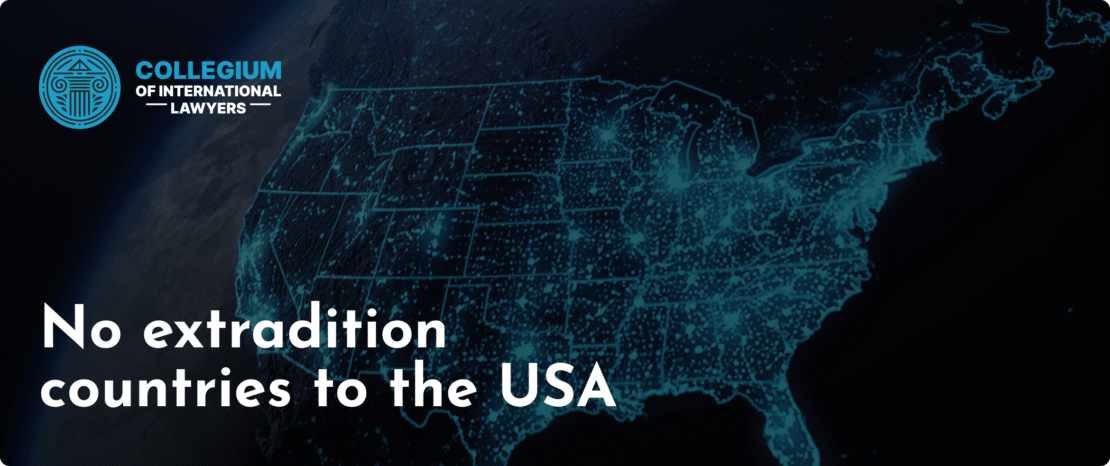
Countries Without UK Extradition Treaties
In a globalized world, the prospect of facing legal repercussions due to actions taken in one country while residing in another raises significant concerns among individuals. For those facing charges or seeking asylum, understanding the extradition treaties between countries can be essential for making informed decisions. This article delves into the countries without UK extradition treaties, examining the implications and the dynamics of international law. For further insights, refer to the countries without UK extradition treaties.
Understanding Extradition Treaties
Extradition is the legal process by which one country formally surrenders a suspected criminal to another country where the individual is wanted for prosecution or punishment. An extradition treaty is an agreement between two or more countries that outlines the conditions and procedures under which extradition will occur. These treaties serve to facilitate international cooperation in the fight against crime, particularly transnational crime. However, the existence of an extradition treaty does not guarantee that extradition will take place; each request is considered on a case-by-case basis, often influenced by factors such as the nature of the crime, evidence presented, and political considerations.
Countries Without Extradition Treaties with the UK
While the UK has established extradition treaties with numerous countries, there are still several nations that do not have such agreements in place. The absence of an extradition treaty can provide a layer of protection for individuals who may be facing prosecution in the UK. Below are examples of countries known for not having an extradition treaty with the UK:
- Russia: The UK does not have an extradition treaty with Russia, which can be advantageous for individuals seeking asylum or avoiding prosecution.
- China: The UK has no formal extradition agreement with China, complicating matters for those wanted under UK law.
- Vietnam: Without an extradition treaty, individuals may find temporary refuge in Vietnam.
- Belarus: The lack of an extradition treaty means that Belarus can be a safe haven for those sought by UK authorities.
- Iran: Similar to other countries on this list, Iran does not cooperate with the UK on extradition matters.
Legal and Social Implications
The absence of an extradition treaty can have significant implications for the individuals involved. Some may see this as an opportunity to escape legal repercussions; however, it is essential to consider the broader consequences. While it may provide a temporary reprieve from prosecution, living in a country without an extradition treaty can also come with risks, including the possibility of arrest for other charges, deportation, or facing legal hurdles in the host country.
Furthermore, the legal landscape is ever-evolving. Countries may change their stance on extradition based on political, diplomatic, or social factors. As such, individuals should conduct thorough research and consult legal experts before making decisions based on the assumption that they are safe from extradition.

Seeking Asylum
For individuals facing prosecution in the UK, seeking asylum in a country without an extradition treaty may seem appealing. However, the asylum process is complex and often not guaranteed. Asylum seekers must typically demonstrate a well-founded fear of persecution or a reasonable belief that their life or freedom is at risk if they return to their home country. Navigating the asylum application process can be fraught with challenges, including meeting eligibility criteria and dealing with bureaucracy.
Countries that lack extradition treaties may also have their own laws concerning asylum and refugee protection, which can differ significantly from the legal framework established by the UK. For instance, many countries that do not extradite individuals may still have strict immigration policies, which can complicate a person’s ability to remain there legally.
Ethical Considerations
The absence of extradition treaties raises ethical questions about justice and accountability. Some may argue that individuals who have committed crimes should be held accountable regardless of their location. Others may contend that political motivations can influence extradition requests, leading to wrongful persecution of individuals for non-violent offenses or political dissent. This balance between legal obligations and moral considerations highlights the complexities surrounding extradition law.
Future Trends in Extradition Law
As globalization continues to shape international relations, extradition laws are likely to evolve. Increased cooperation and collaboration between countries may lead to new treaties and agreements, making it essential for individuals to stay informed about the legal landscape. Notably, the rise of transnational crime, including cybercrime and human trafficking, necessitates a reevaluation of existing legal frameworks to address the challenges posed by criminals operating across borders.
Additionally, the role of international organizations, such as Interpol and the United Nations, may influence how countries approach extradition. These organizations work to establish standards for extradition processes, particularly in cases involving human rights violations or political persecution.
Conclusion
Navigating the complex web of international law and extradition treaties can be daunting, particularly for those seeking to evade prosecution or find refuge in a foreign country. Understanding the implications of extradition treaties – or the lack thereof – is crucial for making informed decisions. While residing in countries without extradition agreements with the UK may seem like a viable option, individuals should carefully consider the associated risks and potential consequences. As the landscape of international law evolves, staying informed and seeking legal counsel can provide individuals with the best chance at securing their rights and freedoms amidst the complexities of global legal systems.


